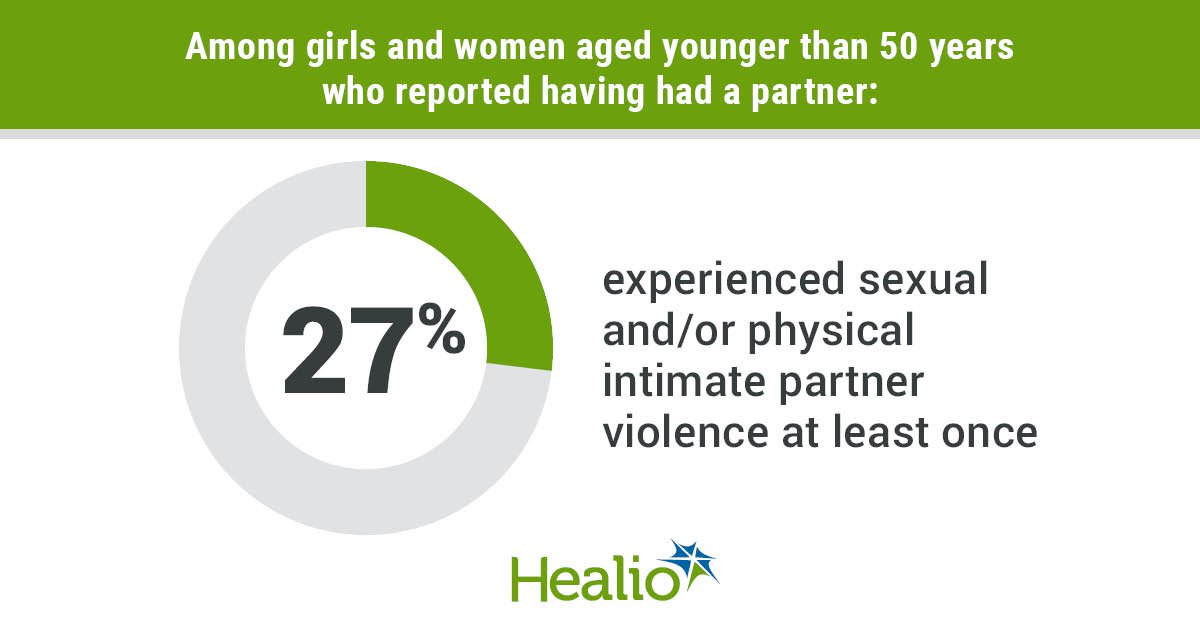One in three Australian men admitting to using intimate partner violence is not just a statistic; it represents a complex web of factors that contribute to this troubling trend. A recent national study conducted by the Australian Institute of Family Studies (AIFS) sheds light on the prevalence and underlying causes of male intimate partner violence in Australia.
According to the study, more than 120,000 Australian men initiate intimate partner violence annually, marking a concerning escalation in such behaviors. This figure underscores the urgent need for effective interventions and support systems to address this pervasive issue.
The research reveals a significant increase in the number of Australian men engaging in intimate partner violence compared to previous years. The data shows that one in three Australian men aged 18 to 65 have used intimate partner violence at some point in their lives, up from one in four men reported back in 2014.
In exploring the root causes behind this disturbing behavior, the study identifies mental health issues and strained father-son relationships as key contributing factors. Men experiencing moderate or severe depressive symptoms were found to be 62% more likely to exhibit violent behavior towards their partners. This correlation highlights the intricate relationship between mental well-being and interpersonal dynamics.
Micaela Cronin, Domestic, Family, and Sexual Violence Commissioner, emphasizes the importance of understanding these risk factors for developing targeted interventions. She notes,
“This sort of data gives us really good evidence on how to target interventions and investment… we need to be aware of the prevalence and number of men using violence.”
Moreover, the quality of relationships with fathers or father figures during childhood plays a crucial role in shaping attitudes towards violence among men. Positive paternal relationships characterized by affection and open communication serve as protective factors against perpetrating intimate partner violence later in life.
Cronin further elaborates on this point by stating that boys who feel they can express their emotions freely with their fathers are less likely to resort to violent behavior towards their partners. This insight underscores the significance of early familial influences on shaping healthy attitudes towards relationships.
Sean Martin, co-author of the report, underscores the necessity of leveraging these findings to develop effective policies targeting young men at risk. He emphasizes,
“Understanding the risk factors… is critical for designing comprehensive strategies aimed at preventing such behaviors.”
Tanya Plibersek, Social Services Minister, acknowledges the gravity of these findings and stresses the importance of investing in frontline services while addressing behavioral patterns leading to domestic and family violence. She highlights key protective factors identified by the study:
“good mental health… social connection[s], [and] relationship with a father or father figure early in life,”
emphasizing their role as deterrents against violent tendencies.
Plibersek’s commitment echoes through governmental initiatives aimed at bolstering mental health services—a crucial step towards mitigating intimate partner violence among Australian men. The allocation of additional funding demonstrates a proactive approach toward combating this societal issue effectively.
The Ten to Men study’s ongoing exploration into men’s health provides valuable insights into understanding and addressing patterns of male intimate partner violence across Australia. By delving deeper into these complexities and implementing evidence-based strategies informed by research findings,
we can work towards fostering healthier relationships
and safer communities for all individuals involved.
If you or someone you know is affected by family or domestic violence,
seek immediate assistance from helplines like 1800RESPECT or
the Men’s Referral Service operated by No To Violence.
Remember: Your safety is paramount,
and help is always available when needed most.









Leave feedback about this